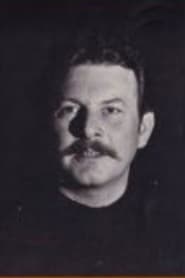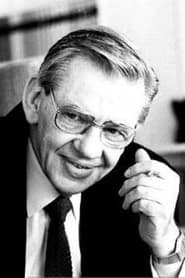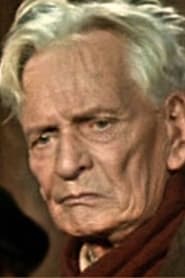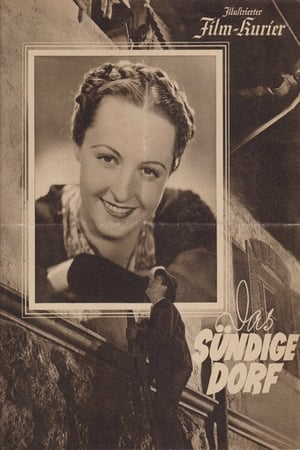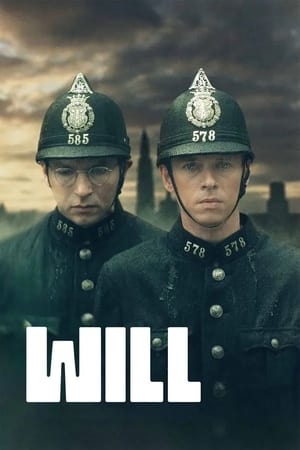
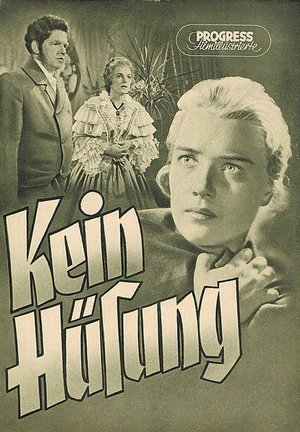
Kein Hüsung(1954)

Movie: Kein Hüsung
Top 10 Billed Cast
Graf Pfeil
Gräfin Pfeil
Similar Movies
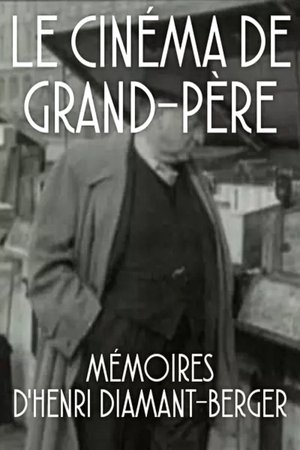 0.0
0.0Le Cinéma de grand-père(fr)
Remarkable life story of Henri Diamant-Berger, a director and screenwriter whose devotion to cinema led him to collaborate with some of the greatest actors and filmmakers of his time.
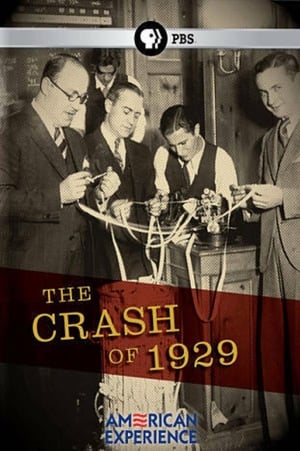 0.0
0.0The Crash of 1929(en)
Based on eight years of continued prosperity, presidents and economists alike confidently predicted that America would soon enter a time when there would be no more poverty, no more depressions -- a "New Era" when everyone could be rich. But when reality finally struck, the consequences of such unbound optimism shocked the world.
 6.7
6.7The Degenerates(it)
A series of bawdy and satirical episodes written during the reign of the emperor Nero and set in imperial Rome. Like the more famous version made by Federico Fellini, an adaptation of Petronius' Satyricon.
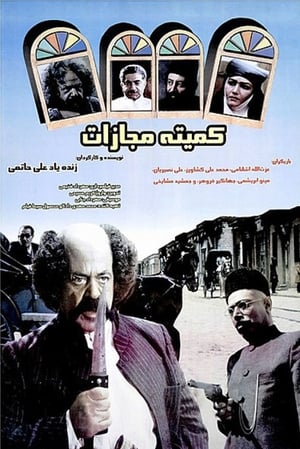 6.5
6.5Punishment Committe(fa)
In Tehran 1916 during first world war a group of patriots make a punishment committee to punish the traitors. With the lead of Abolfatooh Mirza, Reza Tofangchi begins the assassinations.
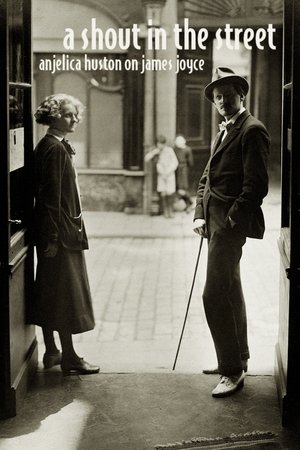 0.0
0.0Anjelica Huston on James Joyce: A Shout in the Street(en)
An account of the life and work of Irish writer James Joyce (1882-1941) narrated by US actress Anjelica Huston.
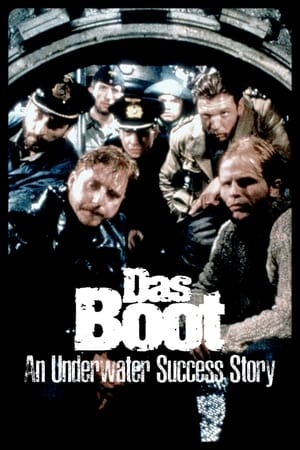 6.6
6.6Das Boot Revisited: An Underwater Success Story(de)
In 1981, a film about the misadventures of a German U-boat crew in 1941 becomes a worldwide hit almost four decades after the end of the World War II. Millions of viewers worldwide make Das Boot the most internationally successful German film of all time. But due to disputes over the script, accidents on the set, and voices accusing the makers of glorifying the war, the project was many times on the verge of being cancelled.
 4.8
4.8I Have Done Everything I Could(ru)
Autumn 1941. In a Nazi POW camp near Kyiev, a person claiming to be a doctor appears. He convinced Germans to set up a hospital. Raising no suspicions in Germans, he supplied prisoners with weapons and helped them to escape.
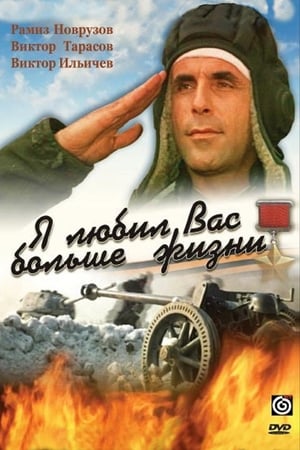 8.0
8.0I Loved You More than Life(az)
Biopic about general Hazi Aslanov, who died fighting Germans in WW2.
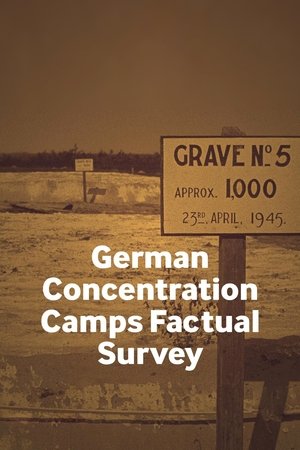 7.3
7.3German Concentration Camps Factual Survey(en)
On the 29th September 1945, the incomplete rough cut of a brilliant documentary about concentration camps was viewed at the MOI in London. For five months, Sidney Bernstein had led a small team – which included Stewart McAllister, Richard Crossman and Alfred Hitchcock – to complete the film from hours of shocking footage. Unfortunately, this ambitious Allied project to create a feature-length visual report that would damn the Nazi regime and shame the German people into acceptance of Allied occupation had missed its moment. Even in its incomplete form (available since 1984) the film was immensely powerful, generating an awed hush among audiences. But now, complete to six reels, this faithfully restored and definitive version produced by IWM, is being compared with Alain Resnais’ Night and Fog (1955).
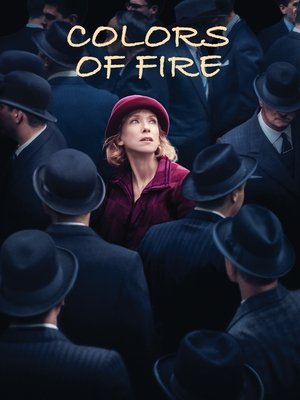 6.8
6.8The Colors of Fire(fr)
February 1927. The funeral of Marcel Péricourt, the most powerful banker in Paris. His daughter Madeleine must take the helm of the financial empire of which she is the heiress. But she has a son, Paul, who with an unexpected and tragic gesture will place her on the path to ruin.
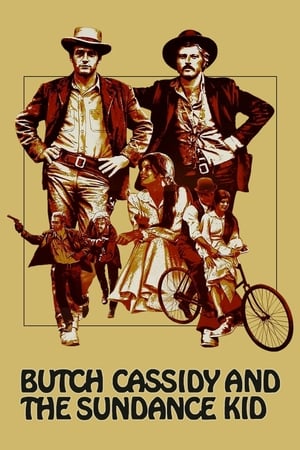 7.6
7.6Butch Cassidy and the Sundance Kid(en)
As the west rapidly becomes civilized, a pair of outlaws in 1890s Wyoming find themselves pursued by a posse and decide to flee to South America in hopes of evading the law.
 7.6
7.6Battleship Potemkin(ru)
A dramatized account of a great Russian naval mutiny and a resultant public demonstration, showing support, which brought on a police massacre. The film had an incredible impact on the development of cinema and is a masterful example of montage editing.
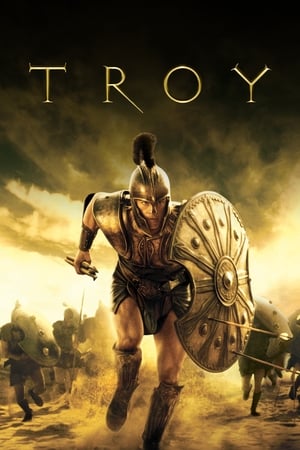 7.2
7.2Troy(en)
In year 1250 B.C. during the late Bronze age, two emerging nations begin to clash. Paris, the Trojan prince, convinces Helen, Queen of Sparta, to leave her husband Menelaus, and sail with him back to Troy. After Menelaus finds out that his wife was taken by the Trojans, he asks his brother Agamemnon to help him get her back. Agamemnon sees this as an opportunity for power. They set off with 1,000 ships holding 50,000 Greeks to Troy.
 6.9
6.9The Tin Drum(de)
Oskar Matzerath is a very unusual boy. Refusing to leave the womb until promised a tin drum by his mother, Agnes, Oskar is reluctant to enter a world he sees as filled with hypocrisy and injustice, and vows on his third birthday to never grow up. Miraculously, he gets his wish. As the Nazis rise to power in Danzig, Oskar wills himself to remain a child, beating his tin drum incessantly and screaming in protest at the chaos surrounding him.
 7.9
7.9Ben-Hur(en)
In 25 AD, Judah Ben-Hur, a Jew in ancient Judea, opposes the occupying Roman empire. Falsely accused by a Roman childhood friend-turned-overlord of trying to kill the Roman governor, he is put into slavery and his mother and sister are taken away as prisoners.

